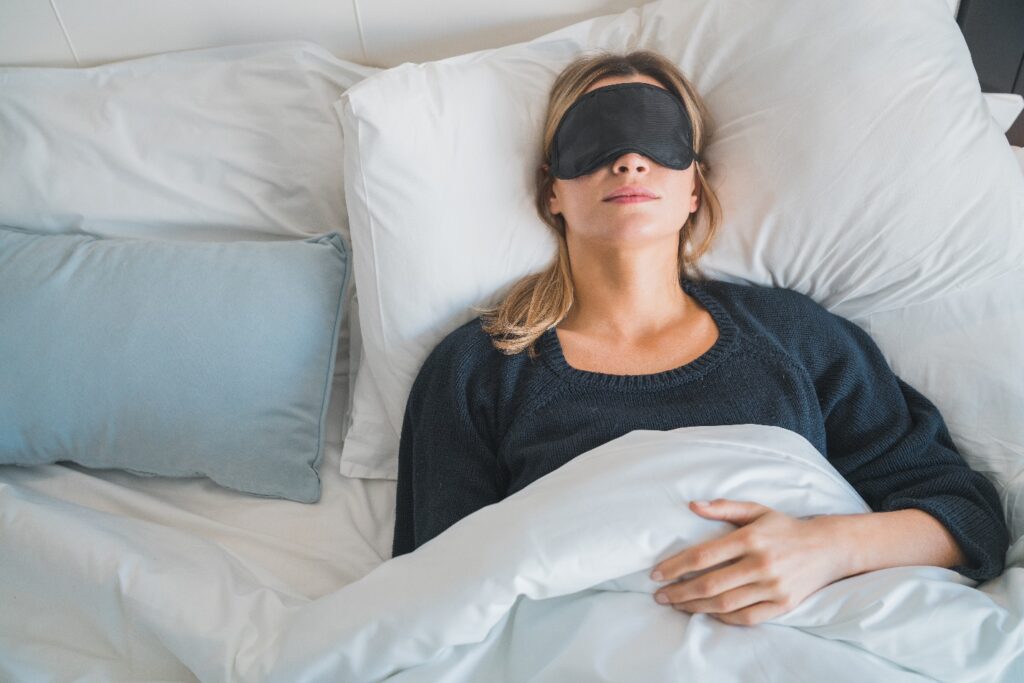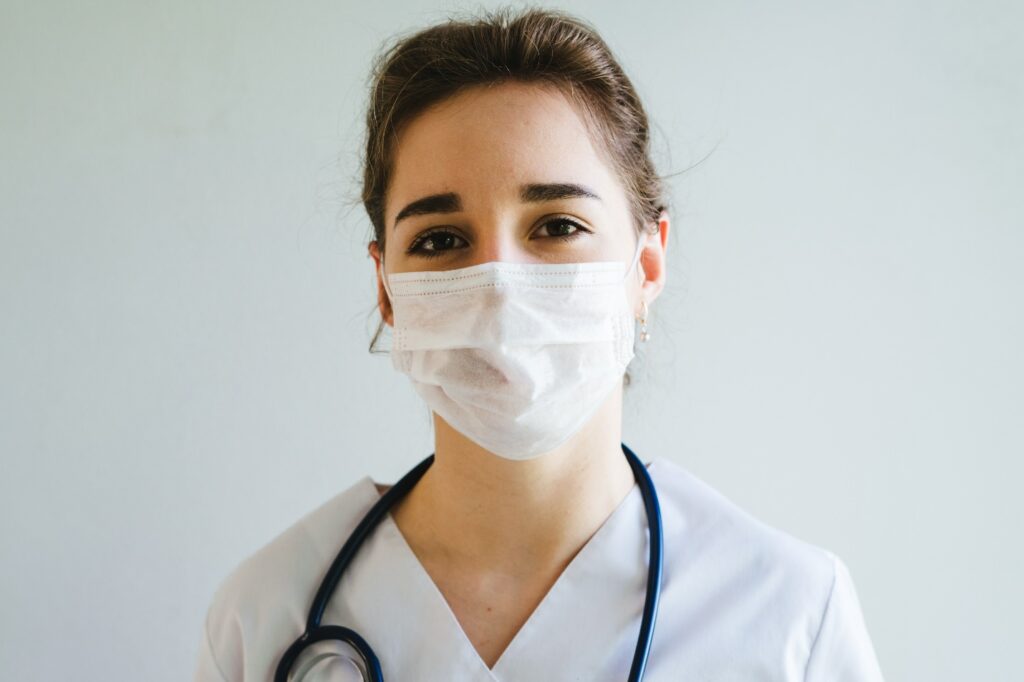The pandemic is now underway in many parts of the country, with 136,660,311 coronavirus outbreaks and 2,950,152 fatalities. Even though doctors and medical researchers worldwide learn more about the novel coronavirus treatments with each passing day, there is still no definitive conclusion about what COVID-19’s long-term consequences will be. When the COVID-19 symptoms were at their worst, you were probably just concerned with the basics: rest, hydrating, and keeping an eye on your symptoms for signs of deterioration.
Now that the path to healing is becoming easier, you might be asking what your “daily normal” will be after the symptoms have subsided. COVID-19 treatment comes with a few extra question marks, unlike the usual ailments you’re used to, like a cough or flu. How long will it be contagious? Is it necessary for me to be concerned about these remaining symptoms? Does this mean I no longer need to wear a mask? These all questions are not necessarily answered in covid hospitals.
You might not get the perfect answers to these queries in covid-19 hospitals. To address these concerns, here are seven things you need to do after the recovery from COVID-19.
Once you’ve healed from a Covid-19 infection, there are 7 things you should do.
Table of Contents
Take Time Off Yourself!
For starters, don’t plan to return to your former life after getting the treatment for covid-19 as soon as you return home. As a result, give yourself some time to gradually return to your old life, one day at a time.
Remember, you’ve recently recovered from a life-threatening disease, and it’s easier to ease back into your old habits rather than diving further in.
Take a Break!
Most doctors recommend that you remain isolated for another 7 days post coronavirus treatment, mainly because some studies have discovered that the virus might still be present in your body even though the symptoms go away.
You should give yourself a week of complete rest after you’ve recovered, if at all possible.
A well-rested body is more able to concentrate on regeneration. Get enough sleep, and the body speeds up the regeneration process as you sleep.
Do not immediately return to your previous way of life. You will become sick as a result of too much pressure, fatigue, and anxiety.
Maintain a Nutrient- and Supplement-Rich Eating Schedule!
Another important activity is to maintain a nutrient- and supplement-rich eating routine to aid in healing. Coronavirus exposes the body to a great deal of stress, and the Covid-19 treatment medications used to treat it can also be debilitating.
A small percentage of patients often report unexplained weight loss or gain. To compensate for the loss of appetite, follow a well-organized feeding schedule rich in organic products, vegetables, fish, and healthy poultry.
Make an effort to eat prepared foods for an upcoming treatment for covid-19 that are easy for the body to process. Keep in mind that the body is barely attempting to regain full strength. Try not to overwork yourself or eat unhealthy foods.
Sleep Well!
Whether you were in the Covid-19 hospital or at the height of the illness, you might have had trouble sleeping. Covid hospitals always recommend you get proper rest and have enough sleep to get a fast recovery. Circadian rhythms control sleep, and having enough sleep will improve the mood.

Create a safe sleeping atmosphere and concentrate on sticking to a sleep-wake schedule with few interruptions. You will be more in charge as a result of this.
Work on Your Brain and Memory!
The virus has been linked to memory loss. Spend some of your days playing puzzles, memory games, and other tasks that force you to think more to recover your missing puzzles, critical processing skills, and memory.
Make a list of ways to re-energize your mind. Start with the doable tasks, and keep challenging yourself to improve your sharpness. The trick is to take it gently and do something good for your brain every day.
You Must Also Wear a Mask to Maintain Social Distance!
Since recovering from certain infections, you should expect to be resistant to reinfection for some time. However, it’s too early to say after Covid-19 treatment if the disease results in long-term immunity.
What Does This Imply for You?
After you’ve recovered from COVID-19 from home isolation or covid hospitals, you must continue to take precautions to protect yourself and others from the infection, such as social distancing, wearing a mask, and constantly washing your hands.

Dr Septimus says, “The basic protections that help deter the Coronavirus treatments are just that — universal.” “We’re all in this together, and it’s up to us to keep our neighborhood clean. Regardless of if you’ve already had COVID-19 or not, every one of us must take these steps seriously.”
Make Room for Someone in Your Recovery!
Recognise that once you’re COVID-negative, you’ll need to relax to feel like yourself again. As a result, seek assistance from other cured patients or covid hospitals if you need it, as it will aid you in rationing your resources and combating fatigue.
Recognise that the body needs ample time to regenerate, whether you are looking for food or cooking it. As a result, accepting support or involving someone close to you while on your healing path is helpful to you.
The Bottom Line!
Although it is typical for a COVID-19 patient to recover in 3 weeks, a recent study has focused on patients that may have long-term effects on their kidney, lungs, and heart.
COVID-19 could also cause neurological and mental health problems in the long run, according to reports, as the virus has been shown to attack brain cells and the nervous system.
Despite the lack of proof, it is unequivocally recommended that you observe these 7 habits regularly to stay healthy! Don’t hesitate to rush to your nearest Covid-19 hospital in case of any alarming signs and signals!
I hope this article was helpful to you, and you will now keep these 7 guidelines in mind after you’ve recovered from Covid-19.
Author-Bio:
Aadarsh Sharma is closely associated with Pranayam Lung and Heart Institute. He is also a fitness expert and is passionate about writing to educate. He is an avid reader and likes to share his thoughts on healthy habits through his highly informative blogs.
